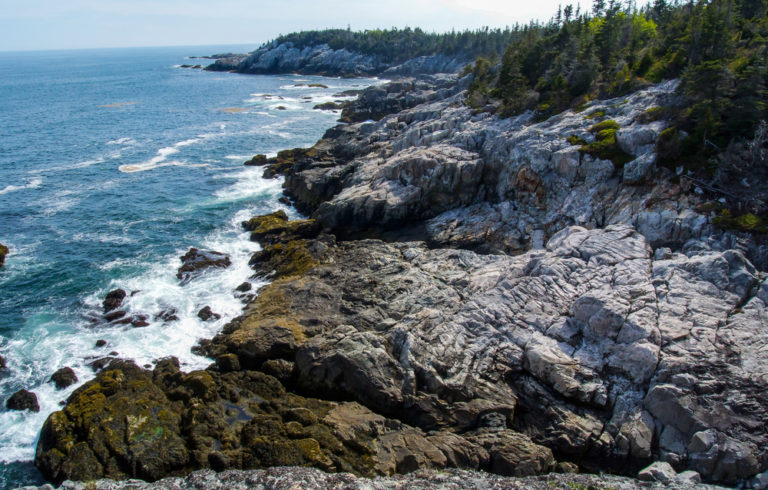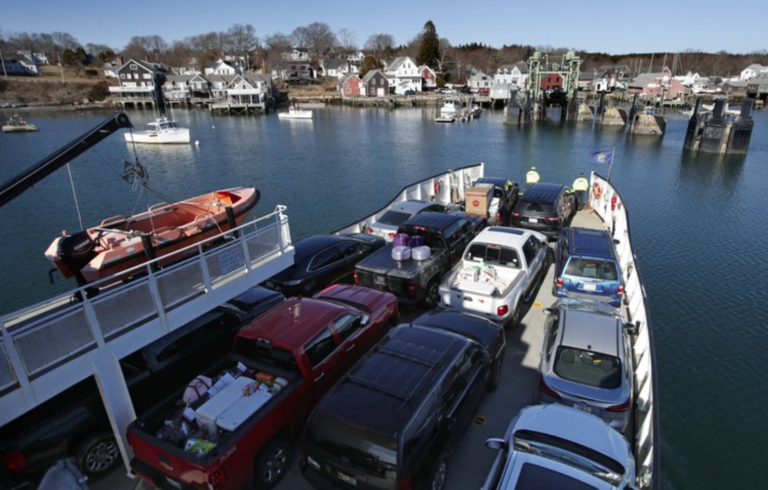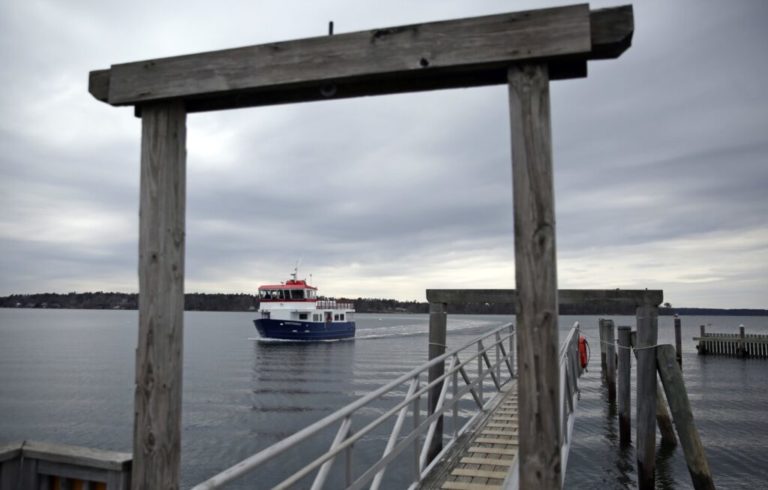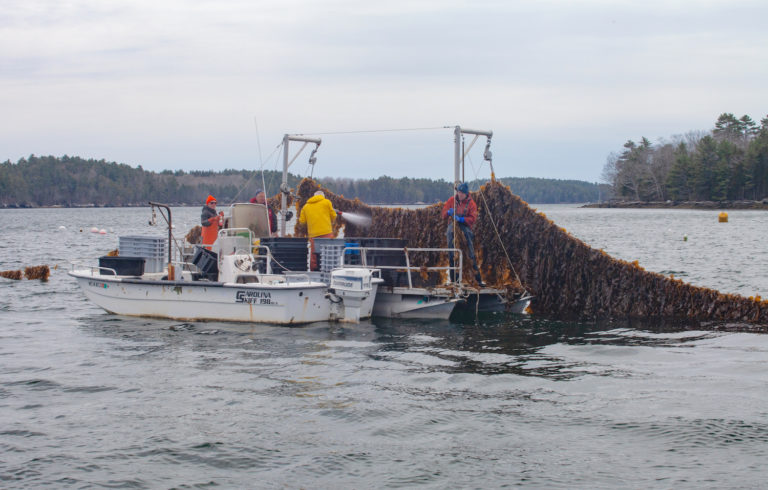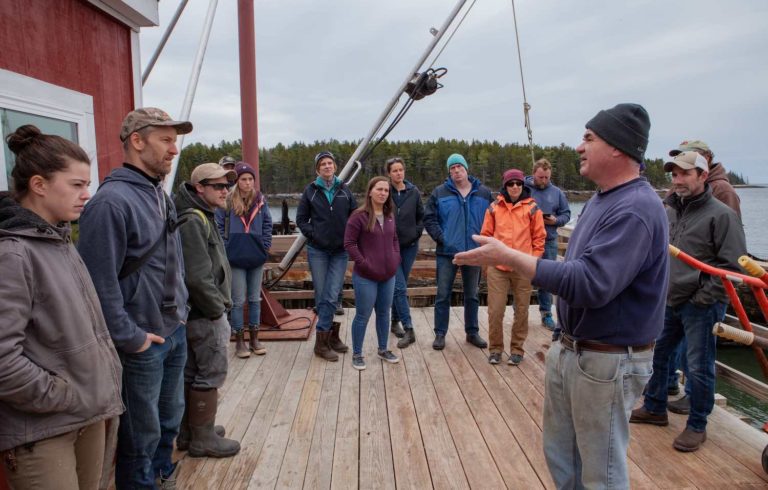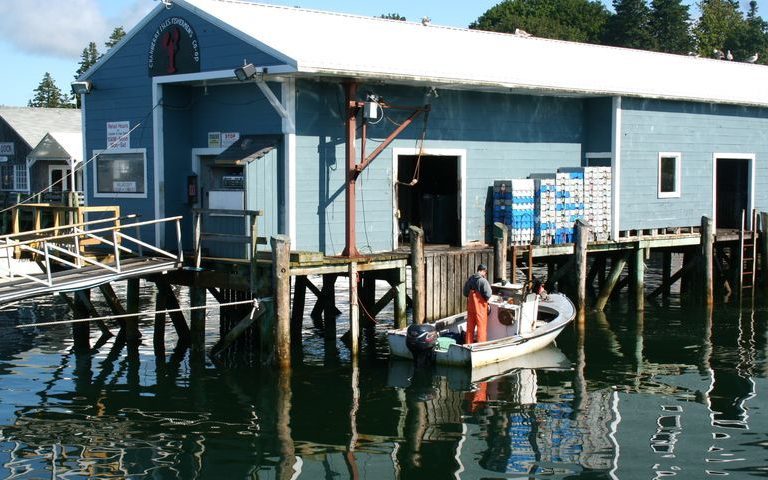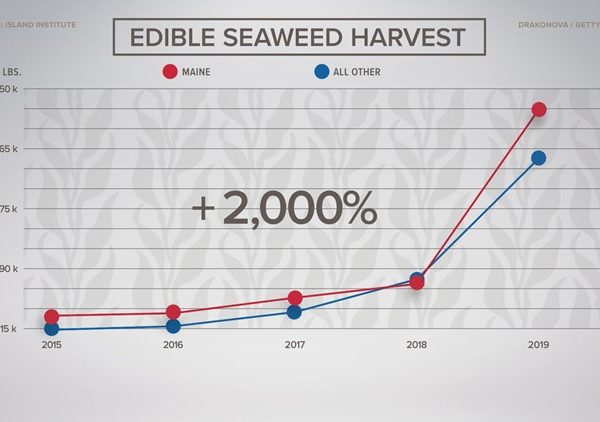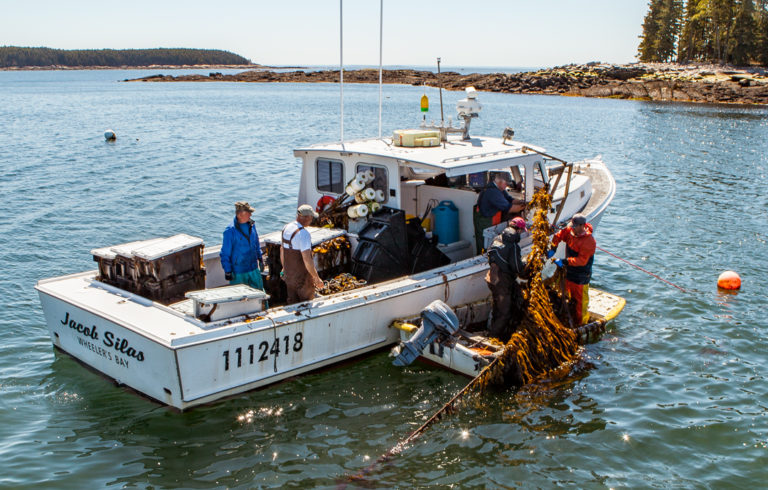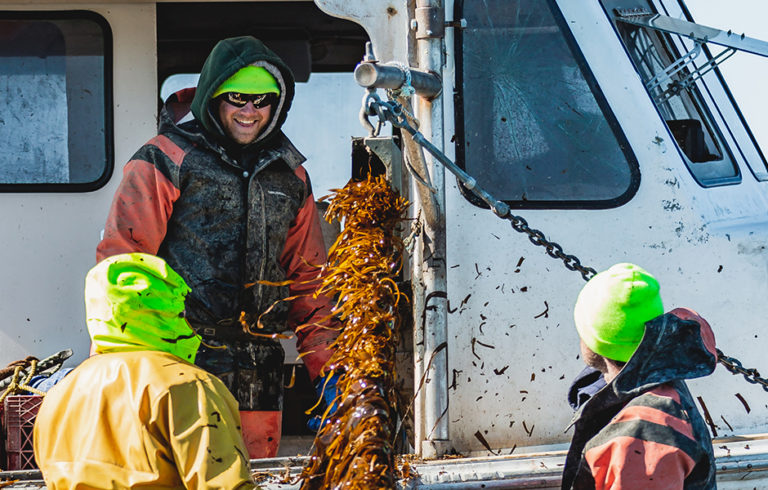March 19, 2020
Does this tiny island of the coast of Maine hold the answer to the future of electricity?
Living on an island forces one to be an innovator in ways large and small. For the 50 or so year-round residents of Isle au Haut, an island off the coast of Maine, innovation can look like using PVC pipe as a curtain rod because there are no real curtain rods at hand — or it can look like the future of the nation’s electrical grid. The 6-mile-long by 2-mile-wide island has been facing disruption of its electricity supply. So the islanders, as they do every day, got creative —…
March 16, 2020
Maine island: Stay away until virus threat abates
NORTH HAVEN, Maine (AP) — As the coronavirus spreads, people can’t be blamed for wanting an island hideout. But one island in Maine has made it clear: Visitors are not…
March 15, 2020
Maine island life in the age of coronavirus
CHEBEAGUE ISLAND — For island selectwoman Donna Damon, the coronavirus started getting real a few days before Maine confirmed its first case. Her daughter lives in Massachusetts and had colleagues…
March 10, 2020
Island Institute’s Edible Seaweed Analysis
The Island Institute has published a new study, the “Edible Seaweed Market Analysis,” that describes the growth potential for Maine’s edible seaweed market over the next 15 years. More than 95 percent of edible seaweed products found in the U.S. is imported, yet Maine waters provide
ideal conditions for growing quality sea vegetables locally. Maine aquaculturists are harvesting a highly nutritious, organic product and are seeing a surge in interest in edible seaweed across the country.
ideal conditions for growing quality sea vegetables locally. Maine aquaculturists are harvesting a highly nutritious, organic product and are seeing a surge in interest in edible seaweed across the country.
March 9, 2020
Aquaculture Business Development Program Accepting Applications Through March 13
Have you ever thought about gaining a new source of income by growing mussels, oysters or seaweed? The Island Institute is now accepting applications for its 2020 Aquaculture Business Development program and is looking to support coastal and island residents who are highly motivated to start shellfish or seaweed aquaculture businesses within the next two years.
To be considered for the program, those interested must submit a short, six-question application by March 13.
March 7, 2020
Luke’s Lobster mini-grants designed to strengthen coastal communities
The Luke’s Lobster Keeper Fund has awarded $25,000 in mini-grants to 10 coastal projects from Portland to Beals Island.
The grant program is designed to strengthen economic opportunities for fishing communities and keep coastal waterways clean, according to a news release.
The projects include island and coastal clean ups; educational projects for elementary and middle school students and projects that support aquaculture and the remediation of ocean acidification.
March 6, 2020
Report: Kelp contributes millions to Maine's economy
SCARBOROUGH, Maine — Tom Roth traded fishing for farming. He's always finding new ways to use farmed and wild seaweed.
"People get excited when they see something that's good for them," he said.
His latest kelp-based product: sunscreen.
"It's all-natural. There [are] no chemicals. There's no plastic involved. We're really trying to be true to the environment."
Roth also is one of the providers of edible sugar kelp in the state, the focus of a recent report from the Island Institute.
It sheds new light on what the industry means for Maine.
March 4, 2020
Maine’s edible seaweed industry may double production in next five years
ew research indicates that Maine's edible seaweed production will grow an average of 12% to 15% annually over the next decade and is expected to more than double by 2025.
The Island Institute published the report, which describes the growth potential for Maine's edible seaweed market over the next 15 years.
March 3, 2020
State’s edible seaweed processors ‘split’ over role of organics
Maine edible seaweed processors are “split” regarding the role of organic in their industry’s product offerings. products’ strategic role in their product offerings.
That’s according to a new report by the Island Institute, a Rockland, Maine-based nonprofit, that describes the growth potential of the edible seaweed market in Maine, a major farmed seaweed producing state, over the next 15 years.
February 26, 2020
Can kelp help protect shellfish from ocean acidification?
BAR HARBOR — Marine scientist Susie Arnold of the Island Institute will discuss research about kelp farming and ocean acidification Monday, March 9 at 5 p.m. at the MDI Biological Laboratory, as part of the laboratory’s Science Café series.
Maine’s scenic coastlines and long-established fisheries contribute to the state’s economy, making Maine vulnerable to the effects of ocean acidification from both an environmental and socio-economic perspective.

